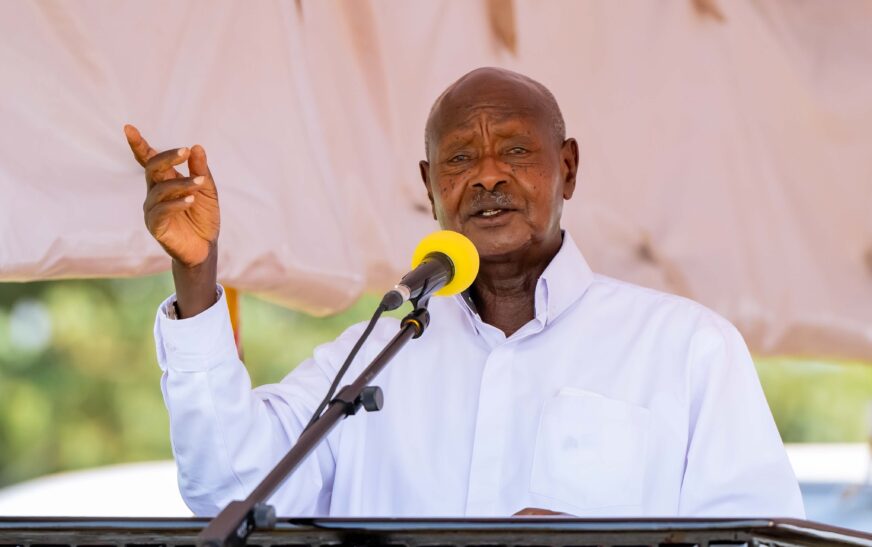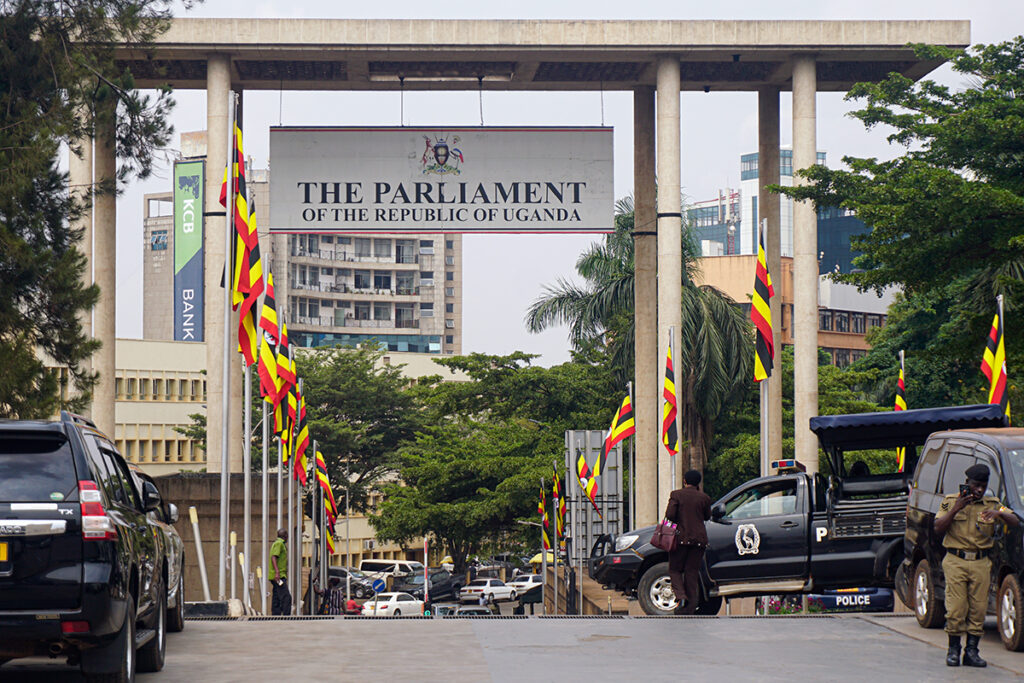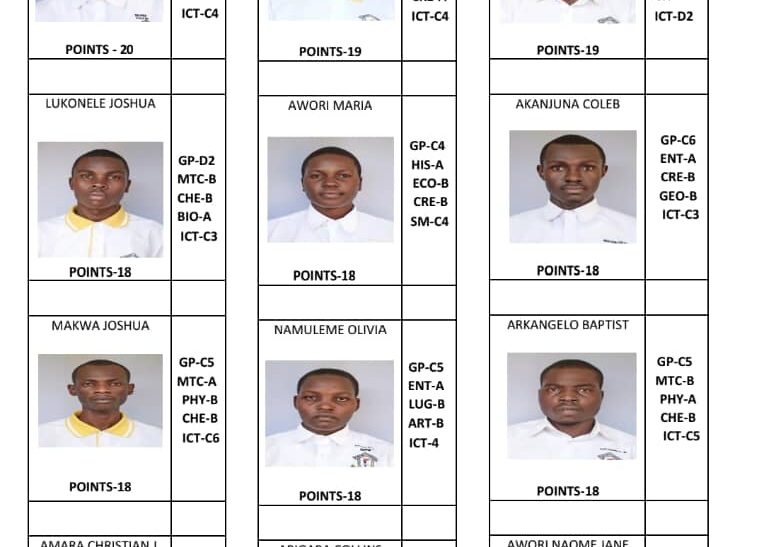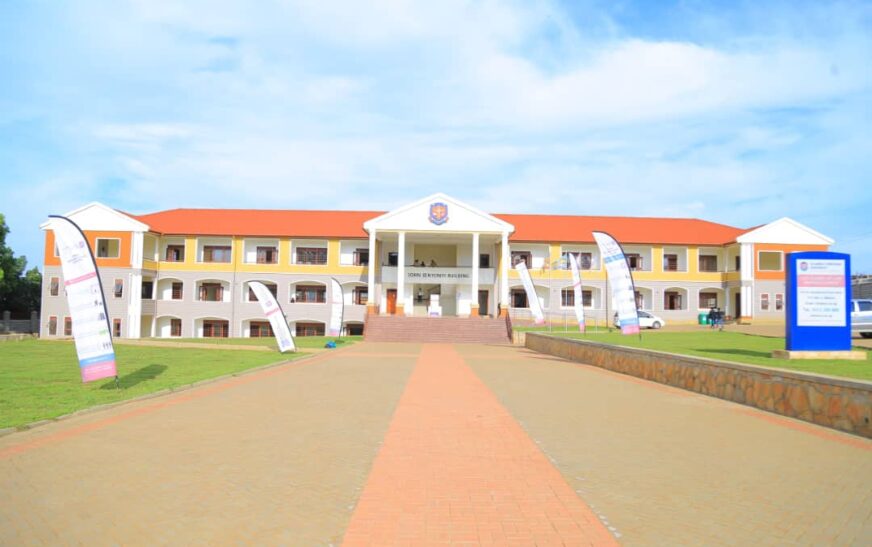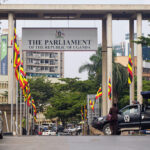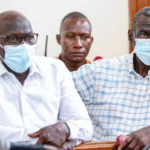President Yoweri Museveni has directed the Directorate of Immigration Control to stop confiscating or canceling National Identity Cards issued by the National Identification and Registration Authority (NIRA).
The directive follows numerous complaints about how passport applicants are treated, particularly concerning the verification of their Ugandan citizenship. Museveni emphasized that the issue is not a gap in the law but rather how it is administered in determining proof of citizenship for passports or other identity documents.
Museveni reaffirmed that every Ugandan citizen has the right to a passport or travel document and the freedom to enter, leave, and return to Uganda. He instructed immigration officials to adhere to Section 40 of the Citizenship and Immigration Control Act, Cap. 313, which only requires applicants to provide their National Identification Number (NIN) and fulfill other legal requirements prescribed by the Board. Any additional requirements must be lawful, publicly known, and properly implemented.
He stressed that all citizenship verification processes must uphold human dignity and comply with the 1995 Constitution and related laws. No extra-legal requirements should be imposed on applicants.
Museveni reminded immigration officers that citizenship by birth is inherent and not granted by immigration officials. Applicants should be presumed to be citizens unless there is clear and reliable evidence proving otherwise. If an immigration officer has evidence challenging an applicant’s citizenship, it is their duty to submit the evidence to NIRA for verification, in line with the Registration of Persons Act, Cap. 332.
The president warned that immigration authorities should not confiscate or cancel NIRA-issued National Identity Cards without due process. Instead, any anomalies in an applicant’s details should be addressed by NIRA.
Museveni clarified that the Directorate of Citizenship and Immigration Control (DCIC) is not responsible for investigating citizenship by birth. If doubts arise about an applicant’s information, DCIC must refer the matter to NIRA, following the procedures set out in the Registration of Persons Act.
Documents required for registration by NIRA include: Birth certificate, Voter’s card, Driving permit and Baptism certificate.
If an applicant lacks these documents, a relative may identify them under oath through a statutory declaration as permitted by law.
Museveni stressed that all applicants must be treated equally, regardless of tribe, ethnicity, or community. If an applicant provides a letter from local authorities—such as the LC1 Chairperson, LCIII Chairperson, Gombolola Internal Security Officer, or Resident District Commissioner (RDC)—along with corroboration from notable elders if necessary, they should be promptly issued a National Identity Card or passport.
If it is later proven that a person issued an identification document or passport is not a citizen, the document may be canceled.
Museveni noted that under the current law, citizenship is not automatically granted to children of registered or naturalized citizens. He directed the Minister of Internal Affairs and the Attorney General to urgently address this issue.

